Over the break my younger cousins provided a reminder that the post-Christmas lunch game of backyard cricket was still alive. After a lofted shot found the neighbours yard, my two youngest cousins got to talking while a third retrieved the ball. The topic of conversation was birds with one twelve-year-old cousin proudly declaring that the humble magpie held the title of his Favourite Bird. Not for him the grace and flamboyance of the flamingo, or the dazzling magnificence of the macaw. Though I have no particular bias for the magpie, it was a choice I wholeheartedly agreed with.
Pepe Mujica spent fourteen Christmases in jail. Born into poverty in Uruguay in 1935 he was active in the Marxist revolutions that swept Latin America in the 1960s. His resistance against the Military Dictatorship in Uruguay included leading an armed takeover over of the small town of Pando. He was arrested in 1970, suffering six gunshot wounds in the process. He somehow survived. He escaped three times during his fourteen year sentence, but every time his freedom was short lived and he was hauled back inside where, when not being tortured, he wallowed in solitary confinement.
Democracy returned to Uruguay in 1985 and under an amnesty for political prisoners Pepe was released. He set about forging a career in politics which culminated with his election as President of Uruguay in 2009. After his election he refused to live in the Presidential Palace or use the Presidential Staff. He got around in a 1987 VW Beetle, the same one he had driven before he became president. On a continent where corruption and self-enrichment are often just by-words for politics, Pepe’s austerity became well-known.
After leaving politics, reflecting on his time in prison Pepe had this to say: “I spent 14 years in prison. The night they gave me a mattress I felt comfortable. I learned that if you can't be happy with a few things, you won't be happy with many things. The loneliness of the prison made me value many things.”
I spent the start of the pandemic in Adelaide where lockdowns were not unduly constricting. There was only one two-week quarantine period when I was unable to leave the house at all. Police would come by every two or three days, not to torture me, but to ensure that I was at home and if I asked them nicely, they would even take the bags of rubbish out to the garbage bins for me. All going well, those two weeks are the closest I will come to experiencing prison life.
For myself, the key to getting through lockdowns was to find refuge in simple, easily replicated rituals. Going by the startling boom in breadmaking, as evidenced by the flour shortages in Melbourne, I don’t think I was the only one. Whereas sourdough seemed to be the most popular option, the Jim Lahey no-knead method appealed more to my work ethic.
There was something soothing in the predictability of the bread making, in marking time, not until the unknown end of lockdown, but just until the bread mix rose, until it was time to fold the dough, until the oven was hot enough to receive the dough when the waiting would then turn to expectation of experiencing the outcome of my work. The breadmaking didn’t fix anything but it certainly made the time more easy passing.
Ten years ago, after a particularly indulgent Christmas, I made the mistake of accepting my wife’s suggestion of going on the Clean Program, an elimination diet created by Uruguayan-born doctor Alejandro Junger. I remember this episode of my life clearly, not because of the head-splitting headaches I endured after suddenly eliminating coffee and sugar from my diet but because the Spanish pronunciation of ‘Junger’ is very similar to ‘hunger’.
The idea of the elimination diet is to stop the consumption of foods that may be adversely affecting you without you realising it, either through allergies or intolerance. After a period of time, foods are reintroduced back into your diet one at a time in an attempt to identify the foods that don’t really agree with you.
The lockdowns served as an enforced elimination diet for us all. Not just in terms of what we consumed but what we did, where we went, what we experienced. While the lockdowns prevented us from enjoying many things we love, it also forced us to eliminate things from our life that may actually have been doing us harm without us ever knowing.
I thought my young cousin’s choice of the magpie as his favourite bird was infinitely wise. Oftentimes, choosing our favourite destination, experience, food or even bird, leads us to the distant and exotic: The Maldives, skydiving, truffles, the Jabiru. Maybe those choices are a form of escapism, transporting us from the present. But it is this exoticism and distance that means that we rarely get to experience them. If our favourite things bring us joy, I can’t help but think how lucky my cousin is, to know that each day he is almost guaranteed of seeing his favourite bird, the everyday, ordinary Magpie.
As lost freedoms are regained, and I begin to re-introduce things back into my life I want to make sure I find time and space for the everyday ordinary things, the small rituals, the small joys that brought so much comfort during lockdown, the kind of things that are usually forgotten while I dream of exotic places and expensive foods. Because, to misquote Pepe, if I can’t be happy with the ordinary, I’ll never be happy with the extraordinary.
A Favour…
Every year Dymocks Books asks customers to vote on their favourite books. Books that make their Top 101 list get pride of place in the Dymocks shops for the next 12 months, cover facing out, which is a big deal in the bookselling world. Voting is now open and if you have read (or listened to) The Ballad of Abdul Wade and enjoyed it you can give it a vote for it here: https://www.dymocks.com.au/voting/top-101-voting
Just type in The Ballad of Abdul Wade in the search bar and hit “add”. Your support is very much appreciated.
If you enjoyed this post please leave a comment or hit the heart button. Doing so helps other people find it on Substack (and gives me a pleasant little dopamine hit). Or, if you are feeling really bold, share it with someone you think may also enjoy it. Thanks for stopping by.




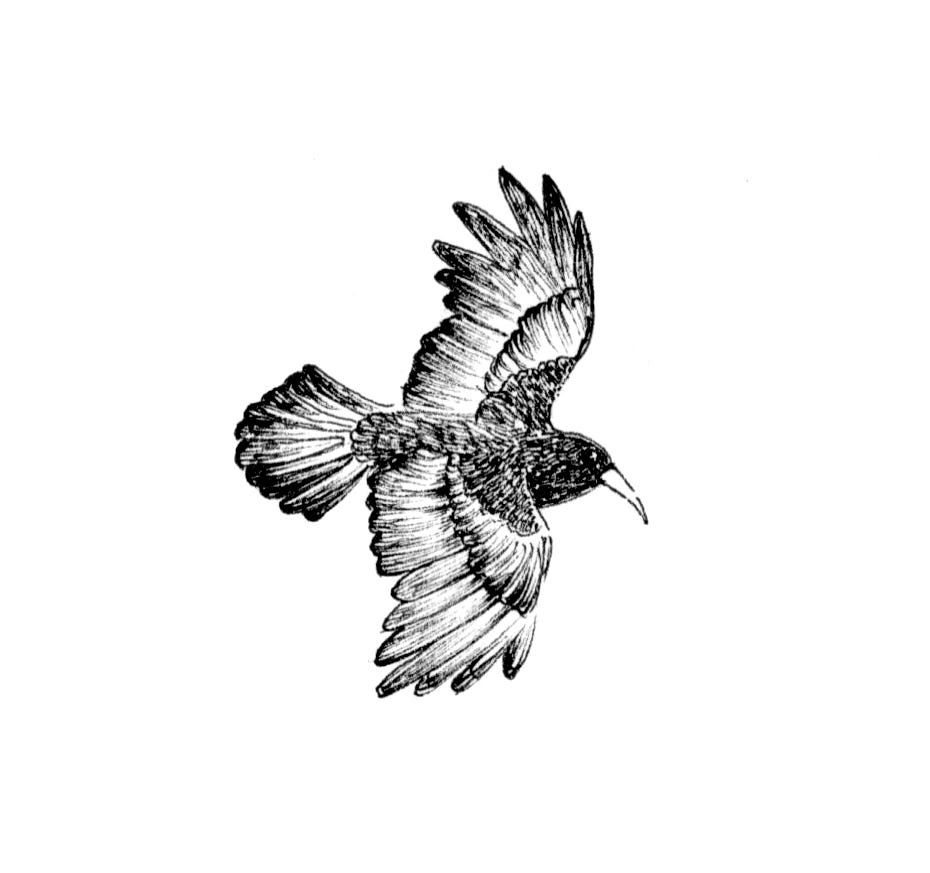


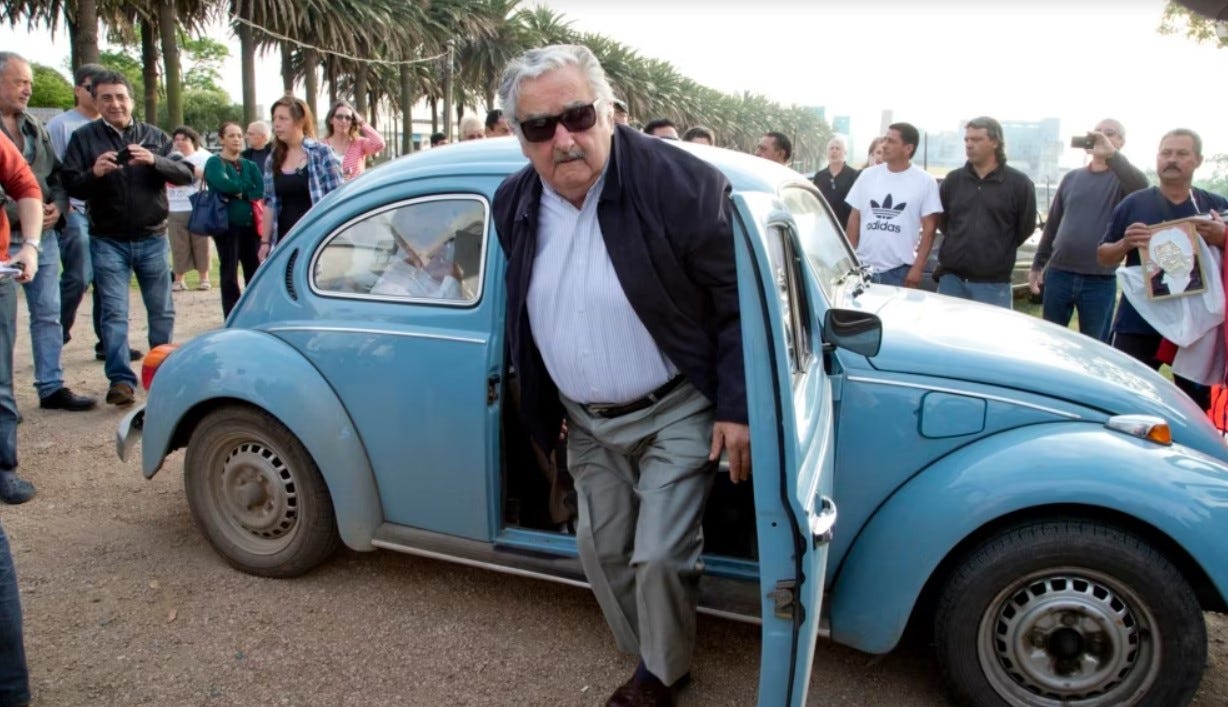

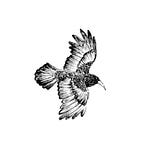


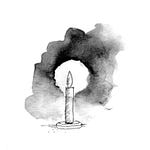

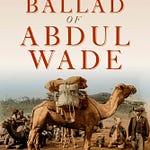


Share this post